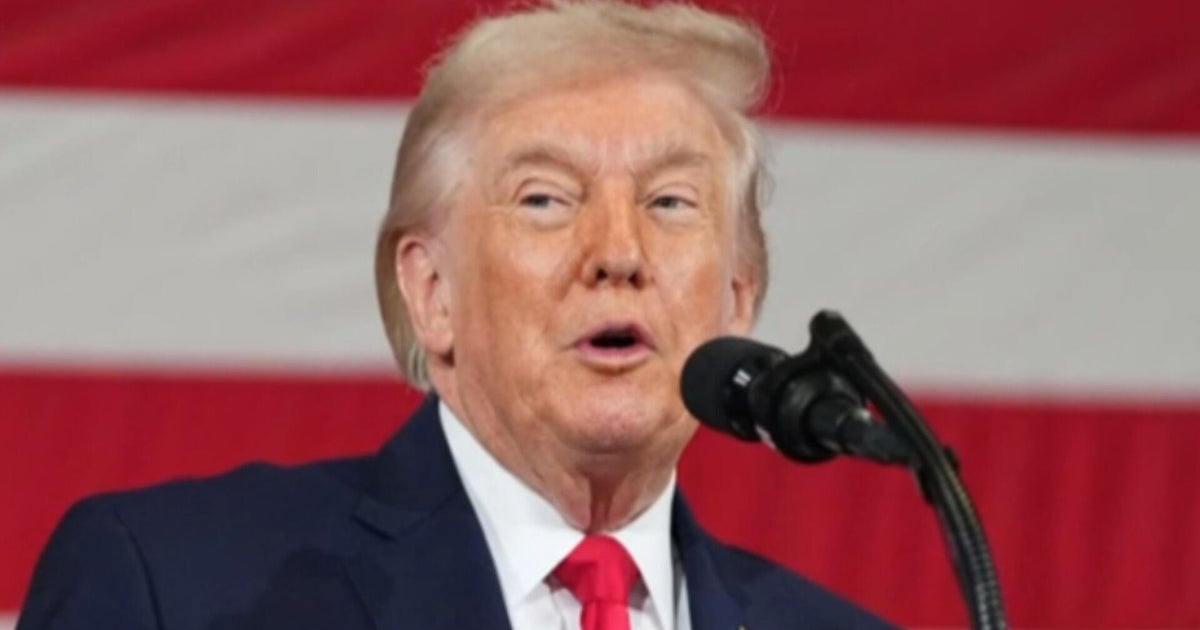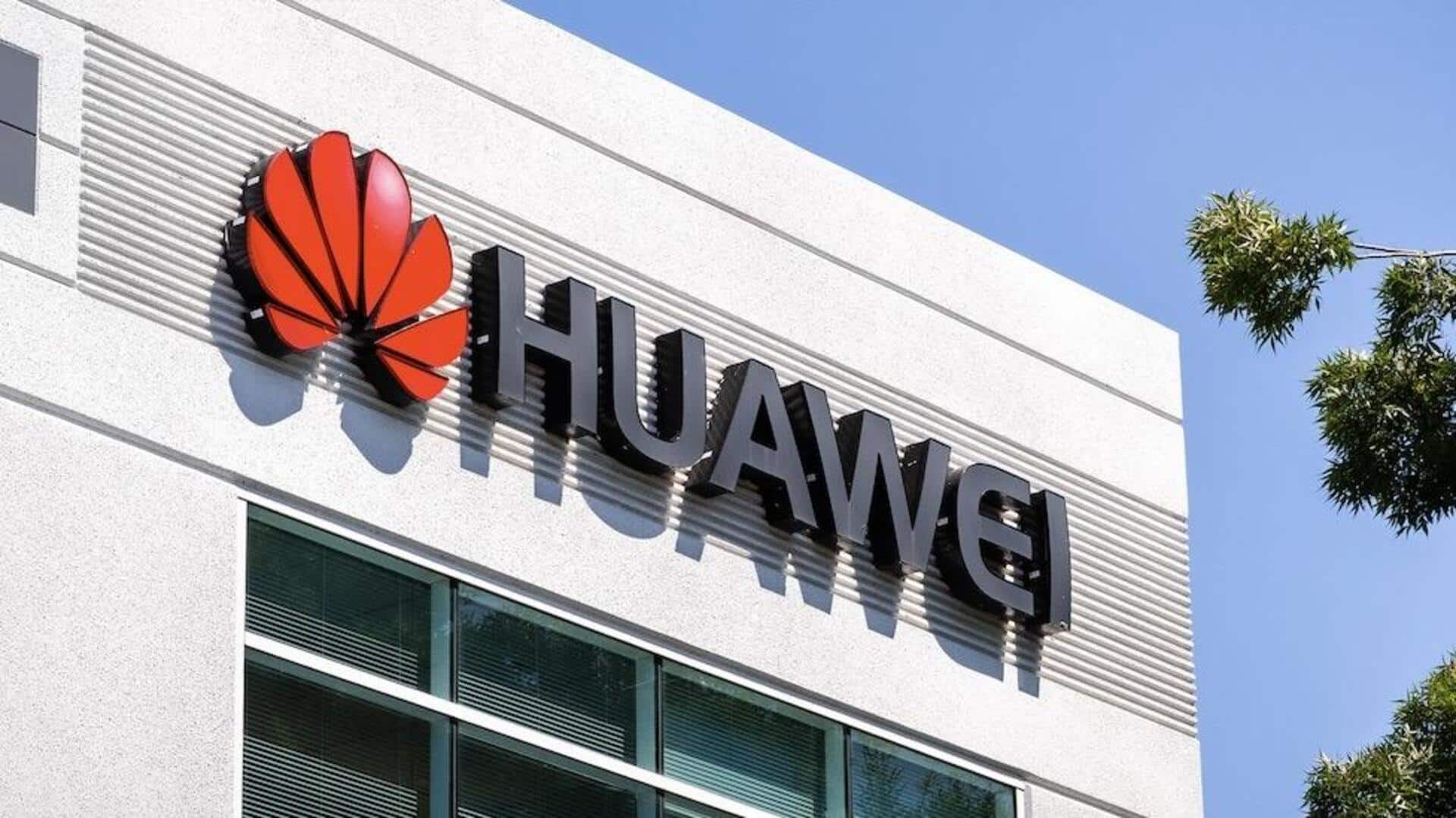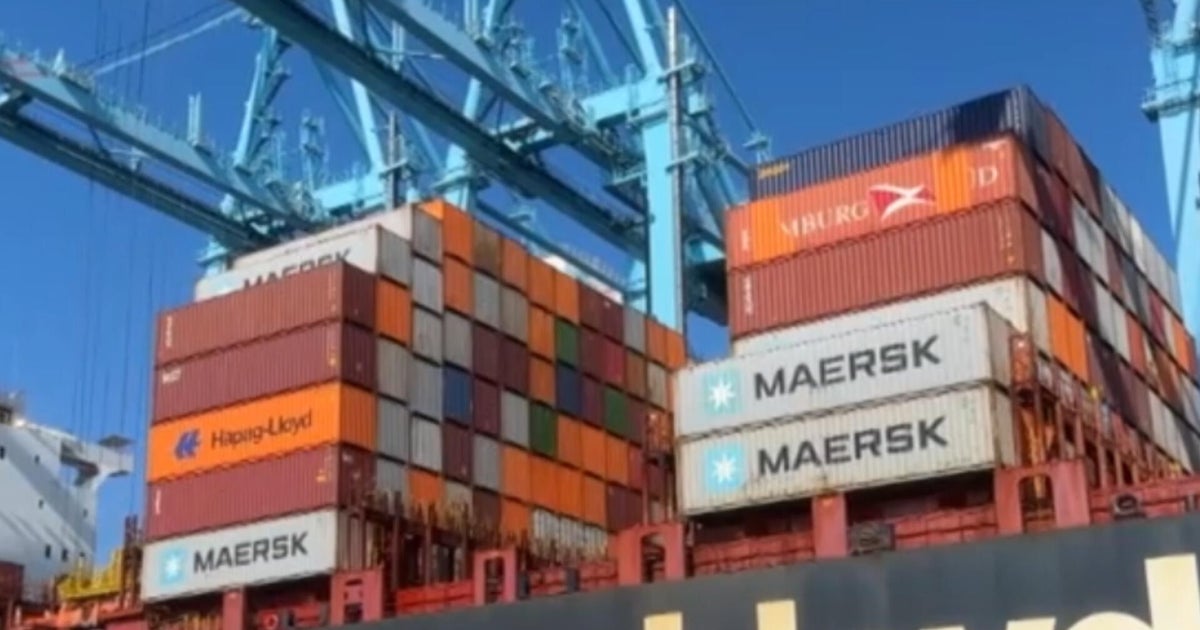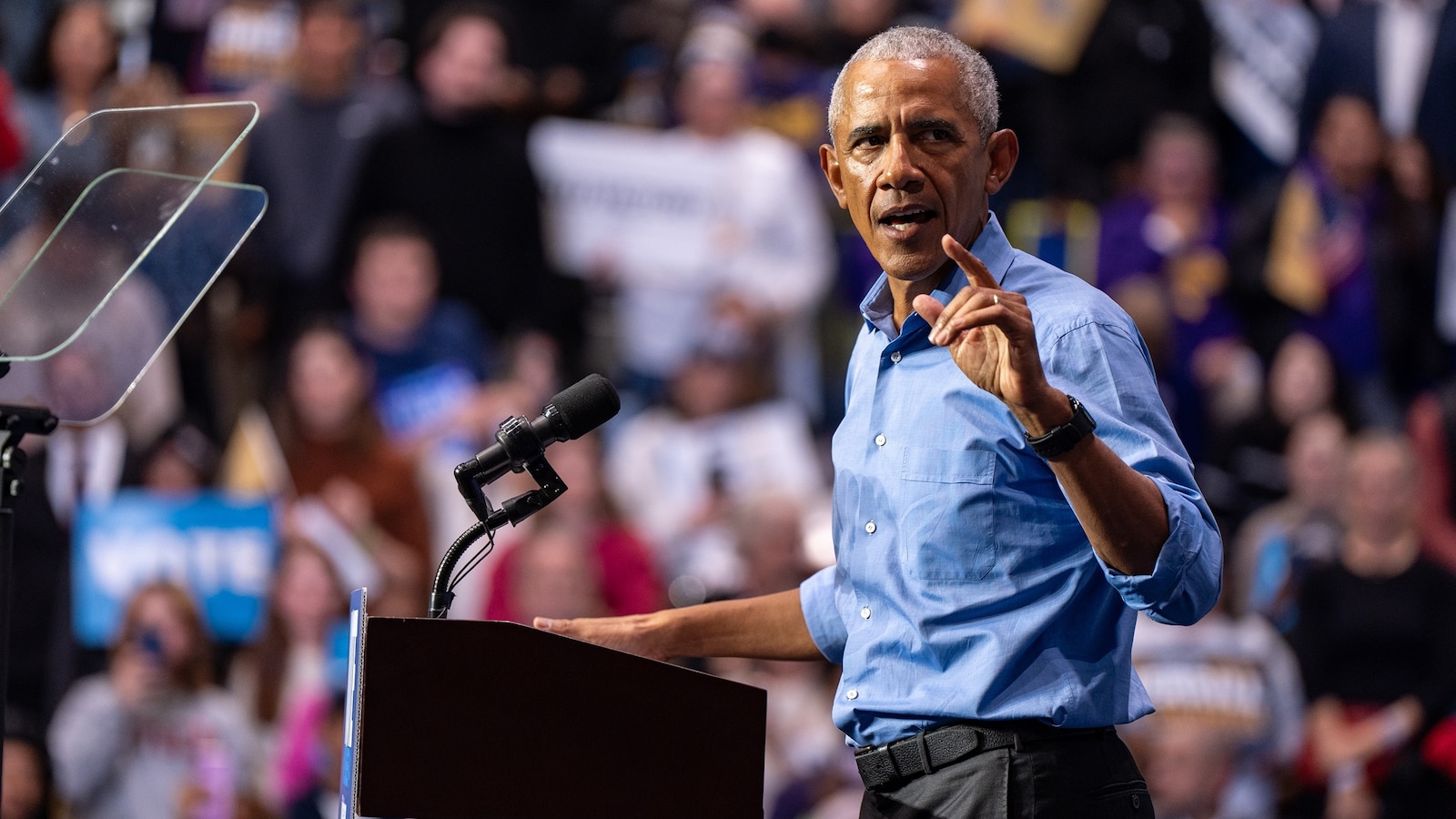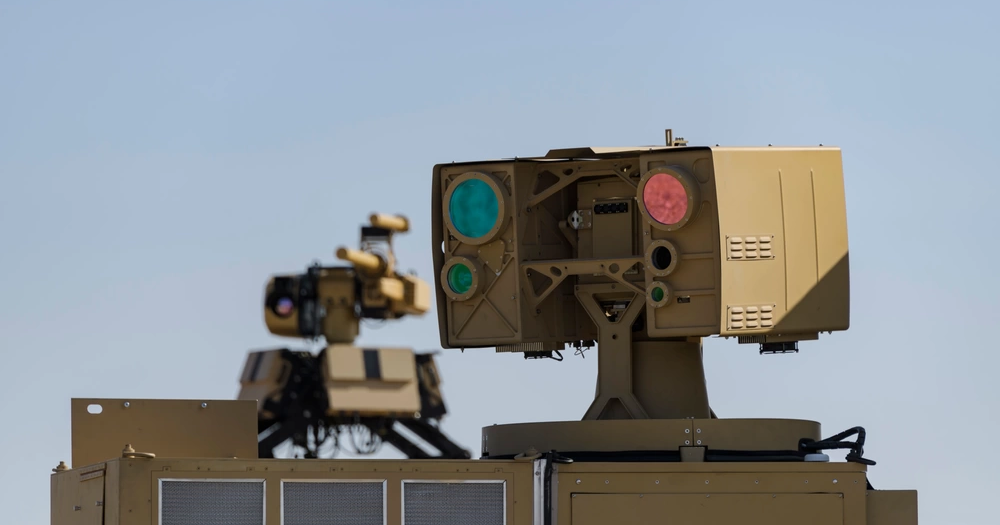Farhan Akhtar starrer 120 Bahadur creates history; becomes first film ever to release in Defence theatres across India
India’s exhibition landscape is witnessing a groundbreaking moment as Excel Entertainment and Trigger Happy Studios’ upcoming war epic 120 Bahadur becomes the first film in the country to release across defence theatres nationwide. This landmark initiative, enabled through PictureTime’s mobile cinema network, ensures that a film honouring unparalleled courage will directly reach the brave hearts it pays tribute to. The Farhan Akhtar-starrer is set to screen exclusively for the defence community in more than 800 cinema halls across India when it opens globally on November 21. The rollout, executed by PictureTime in collaboration with GenSync Brat Media, marks a major leap in accessibility, bringing high-quality cinematic experiences to soldiers and their families posted in remote and previously underserved regions. Explaining the scale and impact of the initiative, Sushil Chaudhary, Founder-CEO of PictureTime, highlighted the long-standing gap in entertainment access for armed forces personnel. “There are 1. 5 million active soldiers and over six million viewers. But only 30 percent of India’s 20-million strong veteran and family audience has access to defense cinemas. We aim to expand the ecosystem to additionally reach the underserved 70% and we begin with a bang with 120 Bahadur, a film we know will deeply resonate with the forces,” Chaudhary said. Excel Entertainment CEO Vishal Ramchandani echoed this sentiment, emphasising the emotional significance of the film’s defence-first release. “120 Bahadur honours the courage and sacrifice of our armed forces. We feel truly privileged that the soldiers whose spirit the film celebrates will be watching it with their families. Our sincere thanks to PictureTime for facilitating this screening for those who serve the nation.”Based on the heroic Battle of Rezang La, 120 Bahadur features a strong ensemble cast including Raashii Khanna, Sparsh Walia, Vivan Bhatena, Dhanveer Singh, Digvijay Pratap, Sahib Verma, Ankit Siwach, Devendra Ahirwar, Ashutosh Shukla, Brijesh Karanwal, Atul Singh, along with senior officers Ajinkya Deo and Eijaz Khan. Directed by Razneesh ‘Razy’ Ghai and produced by Ritesh Sidhwani, Farhan Akhtar, and Amit Chandrra, 120 Bahadur releases in cinemas on November 21, 2025. Also Read: 120 Bahadur to hold paid previews 3 DAYS before release; Excel Entertainment & Trigger Happy Studios announce historic nationwide screenings on Nov 18, 2025.
